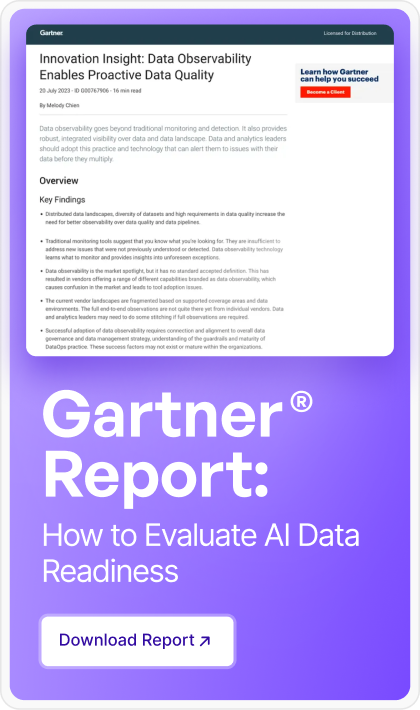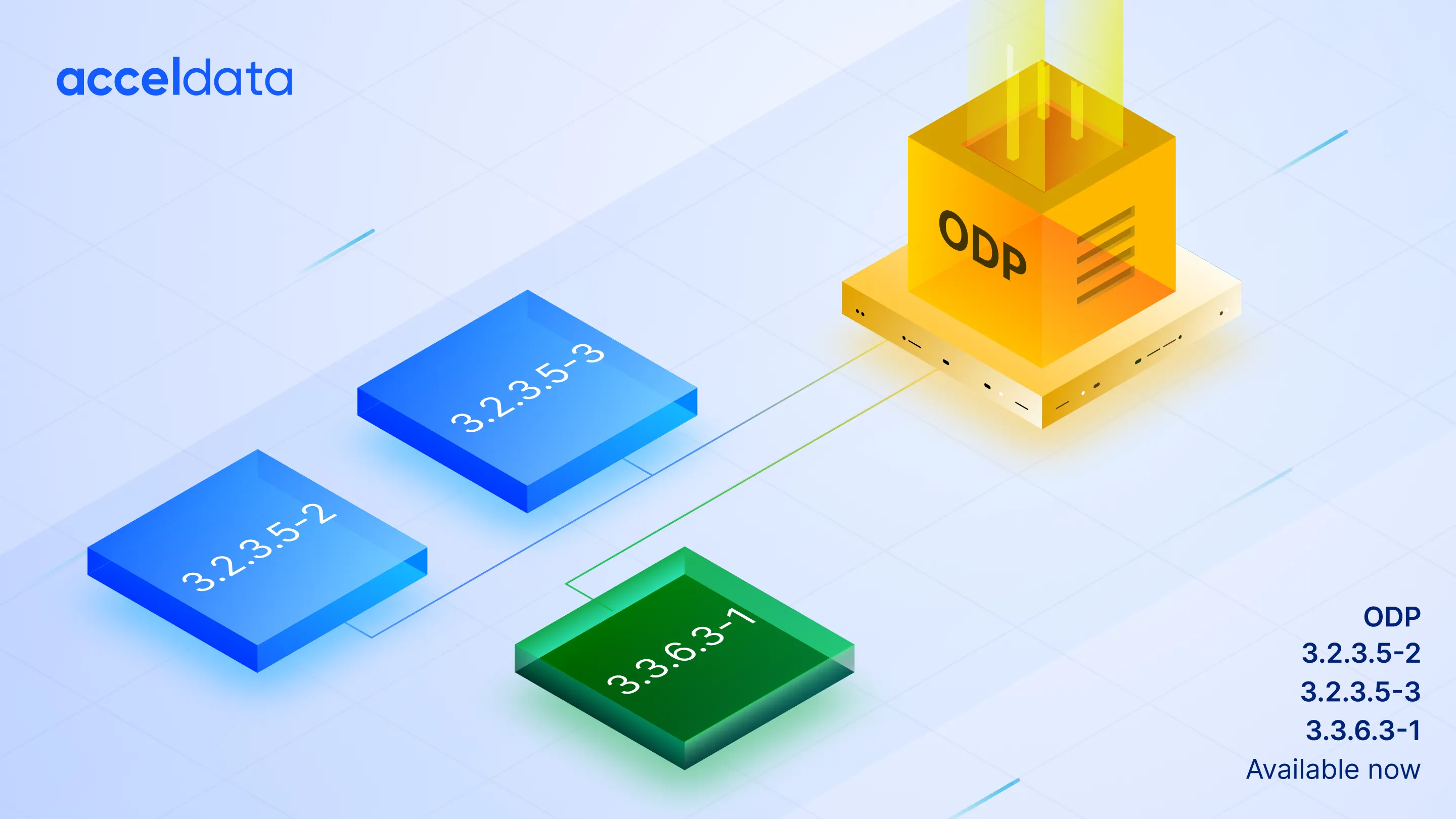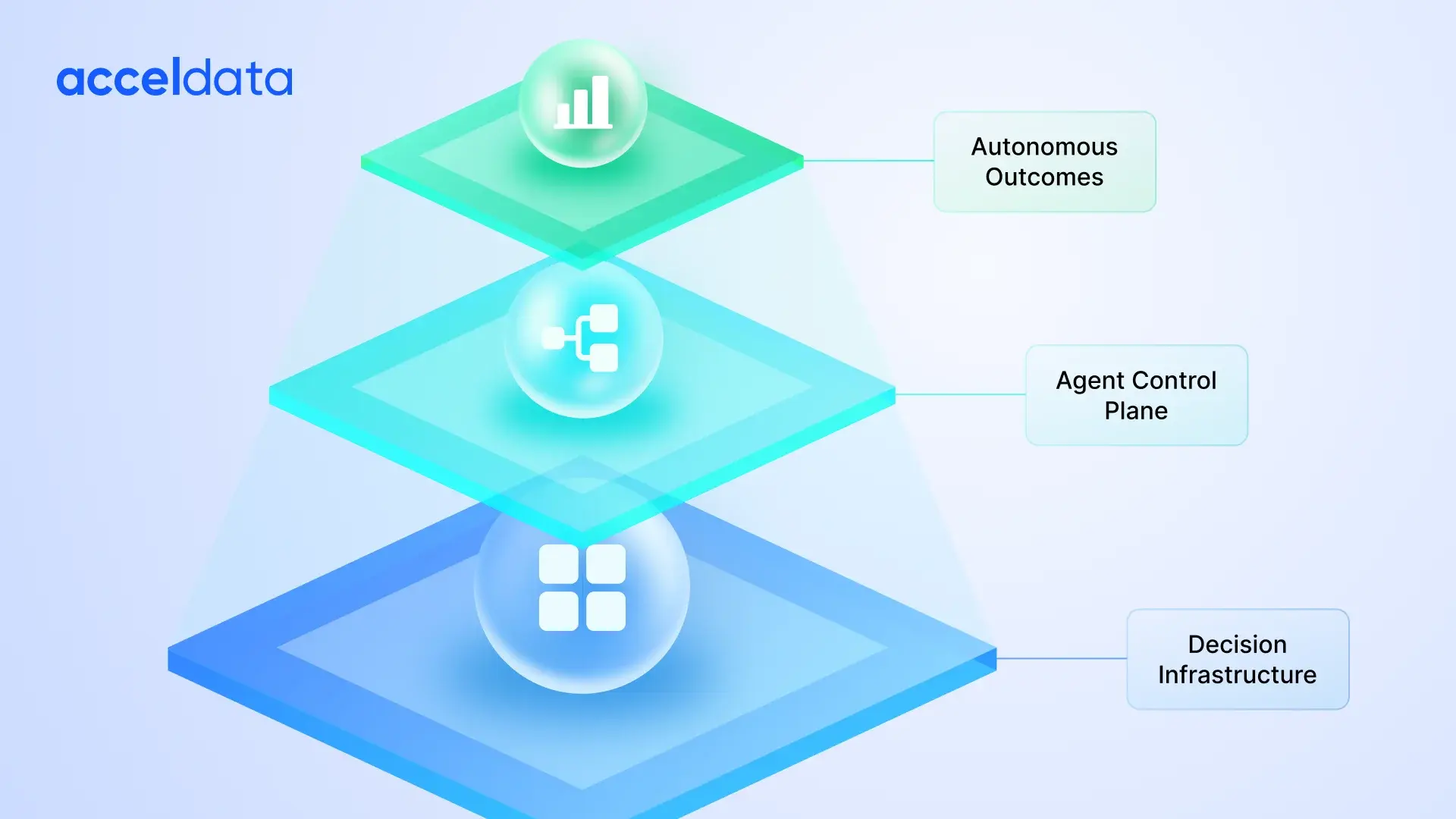Many organizations invest a lot in processes and infrastructures so they can make the most out of their data. All of the effort and money you dedicate to your data initiatives can be in vain, though, if your data isn’t reliable. That’s why it’s essential to ensure the health of your data, and luckily for you, many data quality tools can help you on your journey.
That’s what this post is all about: data quality tools, what they are, why they matter, and how they can help you.
First, the post will open with a brief, plain English explanation of what data quality tools are and why they matter. After that, you’ll learn some of the main functionalities you should expect from a good data quality tool. Finally, you’ll see a rundown of some of the best data quality tools out there. For each one, you’ll get:
- a description of the tool and its features
- the advantages of the tool
- and, of course, some of its main cons
Without further ado, let’s dig in.
What Are Data Quality Tools and Why Are They Important?
To understand what data quality tools are, you need to take a step back and first define data quality itself. As it turns out, on this very site, there’s an article that defines data quality like this:
Data quality measures data completeness and accuracy and how well-suited it is to meet its intended purpose. There are a number of factors that determine data quality, such as consistency and reliability, so it’s important to view data from a holistic angle to determine whether it’s of sound quality or not.
So, according to the definition above, data quality tools are tools that help you measure the factors that determine data quality, such as consistency and reliability. Data quality tools are of fundamental importance because they help you get a deeper understanding of your data, identify anomalies early, and improve the health of your data by increasing its reliability.
Since poor health of data can severely impact decision-making, it becomes hard to overstate the importance of data quality tools.

What Are Some of the Primary Features of Data Quality Tools?
Data quality tools vary according to the “angle” they attack and the catalog of features they provide. That can make it difficult for potential users to choose the best tool for their scenario. So, let’s briefly talk about the primary features you should be aware of when choosing a data quality tool.
First, a feature that’s greatly appreciated in data quality tools is the ease of integration. A great data quality tool supports a wide array of data sources and file formats. The more integration types the tool supports, the more likely it is to support the sources the organization already uses.
Another important feature of data quality tools is proactive alerting. That is, the tool allows you to configure alerts and monitors, and then it automatically alerts you when things go badly. Such capability is essential if you want to react quickly to incidents before they have the chance to wreak havoc.
Data profiling, data measuring, and data visualization are other vital features of data quality tools. Data profiling and data measuring allow users to evaluate the quality of the ingested data, while data visualization employs charts, graphs, and reports to create engaging and informative visuals to be consumed by the relevant stakeholders.
What Are Some of the Best Data Quality Tools on the Market?
.webp)
Let’s dive into a list of data quality tools, highlighting the features, pros, and cons of each one.
Acceldata

Acceldata is currently one of the most complete data observability platforms on the market. It offers great comprehensiveness, providing extensive integrations, working across on-prem or cloud environments with great scalability.
Among the main benefits of Acceldata, users often mention its user-friendly interface, automation of repetitive tasks, and anomaly-detection capabilities, which help to ensure adequate data quality management. Users also praise the robust security features of the solution.
As a con, some users mention that the initial setup can be a bit complex.
Ataccama One Data Quality Suite
Ataccama One is considered one of the leading data quality platforms in the industry. It gives users a unified data quality platform and offers a real-time reporting mechanism. Ataccama is an AI-powered platform that offers functionality such as data discovery, metadata management, data quality management, master data management, and more.
When it comes to the cons of this tool, some users have reported that the support team often needs to be faster to respond. Also, initial setup is difficult and the tool offers a challenging learning curve.
IBM InfoSphere Information Server
InfoSphere excels at data transformation, scalability, and performance. Users praise its ETL flexibility that doesn’t require coding, its native integration with functionalities such as data profiling and metadata management, and the stability of the platform.
On the cons side, users complain about the lack of a web development environment and the complexity of advanced scenarios.
Informatica Data Quality
Users of Informatica Data Quality (IDQ) report that the tool successfully addresses several data quality challenges, such as validating consistency and detecting duplications in databases. It offers an intuitive UI that doesn’t require complex coding.
Some of the notable pros of IDQ are its data quality profile and exception-handling capabilities, its customizable templates to capture metadata, and the automation of data quality checks.
A relevant con of IDQ, as reported by users, is that the cloud offering has a limited set of functionalities when compared to the on-prem version.
SAP Data Intelligence
SAP Data Intelligence allows users to create a searchable data catalog by connecting and transforming data from various sources. It also enables users to orchestrate data flows enriched with machine learning pipelines to come up with smart data processes.
The primary pros of this tool are its data enrichment, data integration, and ETL transformation capabilities. The main cons include pricing and insufficient integration with databases.
SAS Data Quality
According to users, the main strength of this tool lies in its integration with many different data sources and file formats. Also, it enables an end-to-end process when integrated with other products from the SAS suite.
When it comes to disadvantages, users complain about the high price when compared to similar tools, and the fact that SAS Data Quality is only intuitive to use when paired with other products from the SAS suite, yet hard to use when by itself or with third-party products.
Talend Data Fabric
Talend Data Fabric enables users to perform many ETL tasks, particularly extraction and preparation of data for displaying in dashboards. Users also often employ Talend for tasks related to data migration and integration, such as integrating specific systems with databases such as Oracle.
When it comes to the strengths of Talend Data Fabric, users praise its wide variety of connectors, the intuitive UI, and the variety of data profiling analysis types.
Now for the cons. Some users report that the UI needs enhancements. Additionally, there are complaints about the tool’s performance.

Conclusion
This post could have opened by saying that data is valuable nowadays, but that would be the understatement of the century. Data is certainly one of the most valuable assets an organization can have, and that shows in the amount of effort, time, and money they put into perfecting their data initiatives.
In this post, you’ve learned about the importance of data quality and data quality tools. You have a rundown of data quality tools, and hopefully, you now have a clearer picture of the data quality landscape and are aware of some of the most well-rated tools at your disposal.








.png)








.webp)
.webp)


